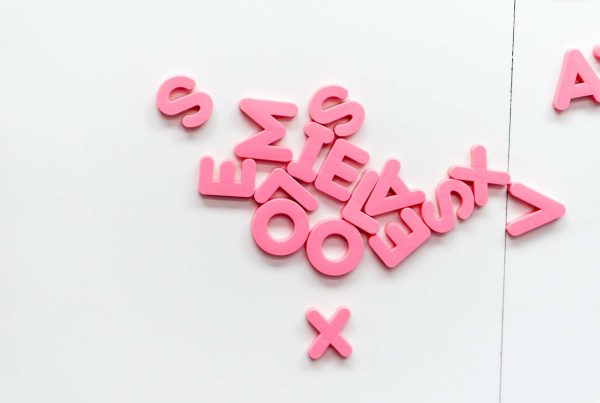While both the predicate calculus and the modal propositional calculus may be seen as extensions of the basic propositional calculus, there are also a variety of formal languages intended as genuine alternatives. These non-classical logics typically argue that the logical connectives are governed by different truth tables (often with more than two truth values), or they impose additional constraints on what counts as a valid inference. Given that the meaning of the logical connectives is largely exhausted by their truth tables, this immediately raises the question as to whether these non-classical logics are proposing a revision of how we understand our fundamental logical concepts or merely proposing new formal systems of only technical interest to sit alongside classical logic.
If genuinely alternative logics do exist, then a second question concerns how we might decide among them. Some philosophers maintain that our formal languages are intended to capture our various pretheoretical—and presumably self-evident—logical understanding, and that there are, therefore, philosophical reasons for favoring one logical language over another. Other philosophers argue that just as we might revise even our most fundamental scientific concepts on the grounds of, for instance, overall simplicity and strength, so, too, might a change in our logic be part of an overall improvement in our conceptual worldview




































